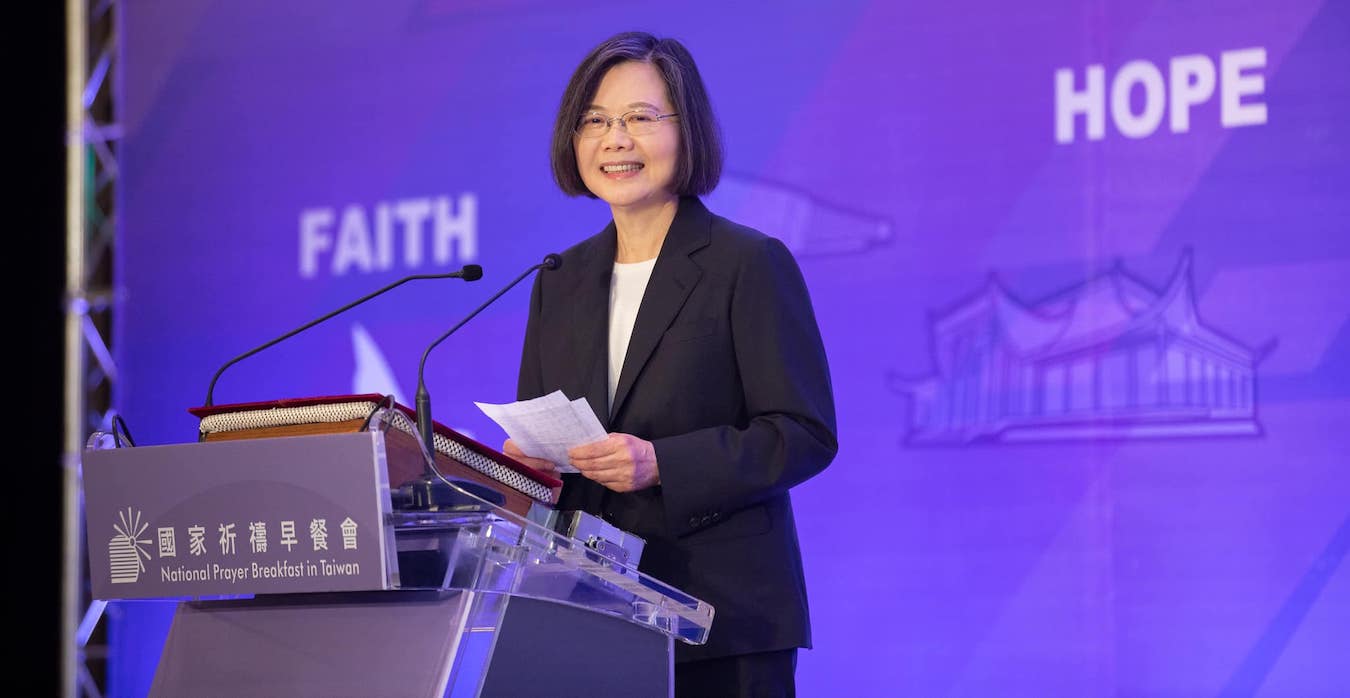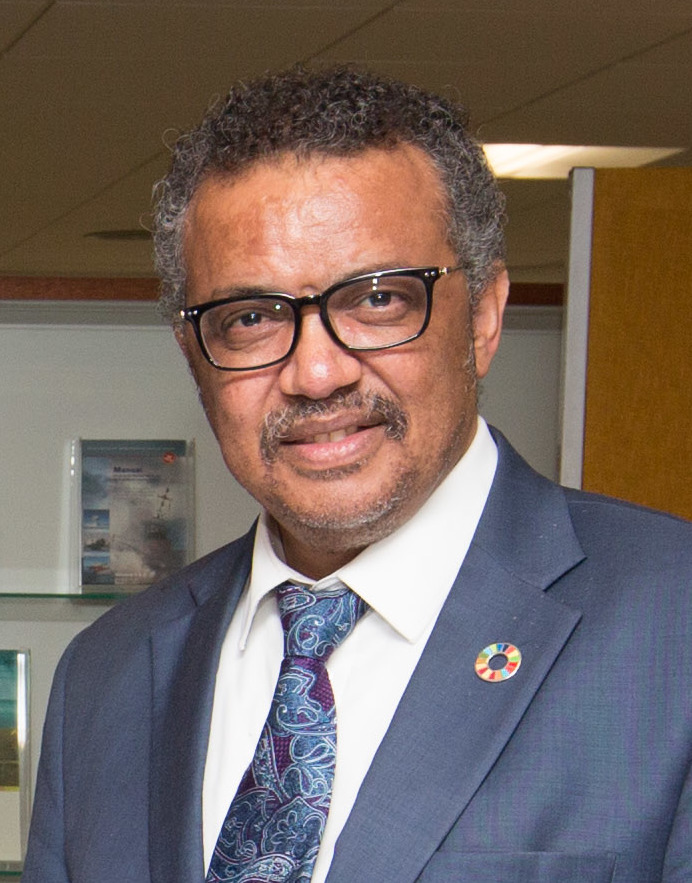by Brian Hioe
語言:
English
Photo Credit: Thorkild Tylleskar/WikiCommons/CC BY-SA 3.0
PERHAPS UNSURPRISINGLY, Taiwan was again denied entrance to the World Health Association (WHA), the governing body of the World Health Organization this year.
In particular, this year did not represent a significant push for Taiwan attempting to secure entrance to the WHA. The COVID-19 pandemic has seen Taiwan cite the dangers to global health that result from its exclusion from the WHA and WHO. Though Taiwan was allowed to participate in the WHA as an observer between 2009 and 2016, Taiwan was shut out afterward since the DPP took power due to pressure from China.
Likewise, Taiwan has sought to tout its contributions to the global fight against COVID-19 as a rationale for why it should be allowed to enter the WHA and WHO. After all, Taiwan went for more than a year without having to undergo lockdowns, as much of the world did. And when COVID-19 did affect Taiwan in earnest, it was contained relatively quickly.
 Taiwanese president Tsai Ing-wen. Photo credit: Tsai Ing-wen/Facebook
Taiwanese president Tsai Ing-wen. Photo credit: Tsai Ing-wen/Facebook
Indeed, the US has thrown its weight behind backing Taiwan’s participation in the WHO as an observer in past years, as tensions rose with China. Apart from the US similarly touting Taiwan’s successes fighting COVID-19, this proved a way in which the WHO and WHA became another arena of contestation between the two superpowers. To this extent, incidents such as WHO former assistant director-general and senior advisor Bruce Aylward awkwardly dodging questions about Taiwan’s exclusion from the WHO–pretending to be disconnected during an May 2020 interview with Hong Kong public broadcaster RTHK–drew international attention to the issue.
Yet the US backing Taiwan’s participation in the WHA as an observer was not enough in the face of Chinese pressure, even as the COVID-19 pandemic put more focus on Taiwan’s potential to contribute to global health than ever. Consequently, it is unlikely that future attempts by Taiwan to participate in the WHA will see as much backing.
The WHA and WHO, along with the International Civil Aviation Organization (ICAO), which governs global aviation safety, are among the two major UN international organizations that Taiwan frequently highlights its exclusions from. With regards to the WHO and WHA, the danger to global public health is cited, while with the ICAO, Taiwan touts the dangers that could result because of Taiwan being a major international aviation hub in spite of exclusion from the ICAO.
This year, Taiwanese civil society groups such as the Taiwan Digital Diplomacy Association sought to submit a petition calling for Taiwan’s inclusion in the WHA. Moreover, WHO director-general Tedros Adhanom Ghebreyesus faced questioning from Taiwanese in Geneva, where the WHA summit took place. In the past, when criticized over Taiwan’s exclusion from the WHO, Tedros alleged a “racist” campaign by Taiwanese against him. Taiwan responded through civil society groups crowdfunding an ad in the New York Times to call attention to the fact that “Taiwan can help” when it comes to global health.
As usually occurred in past years, Taiwan’s Minister of Health flew to Geneva in spite of Taiwan not receiving an invitation to participate in the WHA. Instead, Minister of Health and Welfare Hsueh Jui-yuan traveled to Geneva to hold a press conference highlighting Taiwan’s exclusion and conduct meetings on the sidelines of the WHA.
The Here I Stand Project, a Taiwanese civil society group that seeks to call attention to Taiwan’s exclusion from international organizations, also traveled to Geneva for the WHA. The project held an exhibition and forum in Geneva to highlight Taiwan, at which former Academia Sinica president Wong Chi-huey spoke.
 Tedros Adhanom Ghebreyesus. Photo credit: ITU Pictures/WikiCommons/CC BY 2.0
Tedros Adhanom Ghebreyesus. Photo credit: ITU Pictures/WikiCommons/CC BY 2.0
Twelve of Taiwan’s diplomatic allies spoke up for Taiwan during the WHA, though a proposal to table Taiwan’s inclusion in the WHA from Belize, Eswatini, the Marshall Islands, and Nauru was voted down. Other countries that spoke up for Taiwan included Australia, France, the UK, the US, and Japan. A recent delegation of Swedish lawmakers and the Hungarian Momentum Movement Party, too, voiced support for Taiwan’s inclusion.
In the meantime, China has sought to frame Taiwan’s continued exclusion from the WHA as the international community adhering to its shared One China stance on Taiwan, though China frequently seeks to conflate its One China Principle with the differing One China Policy of countries the world over. In a similar timeframe, China has sought to claim that it shared information with Taiwan during the COVID-19 pandemic in order to assist this, a claim that the Taiwanese government has denied.
Furthermore, two Taiwanese reporters from the Central News Agency were not allowed to cover the WHA, despite having previously been granted press passes to do so. The two reporters were not allowed to participate because of being ROC passport holders and they were denied their press credentials when they went to retrieve them. The two reporters were told by WHA staff members, who seemed sympathetic, that this occurred due to Chinese pressure. Subsequently, the two reporters themselves reported on what had occurred to them.

